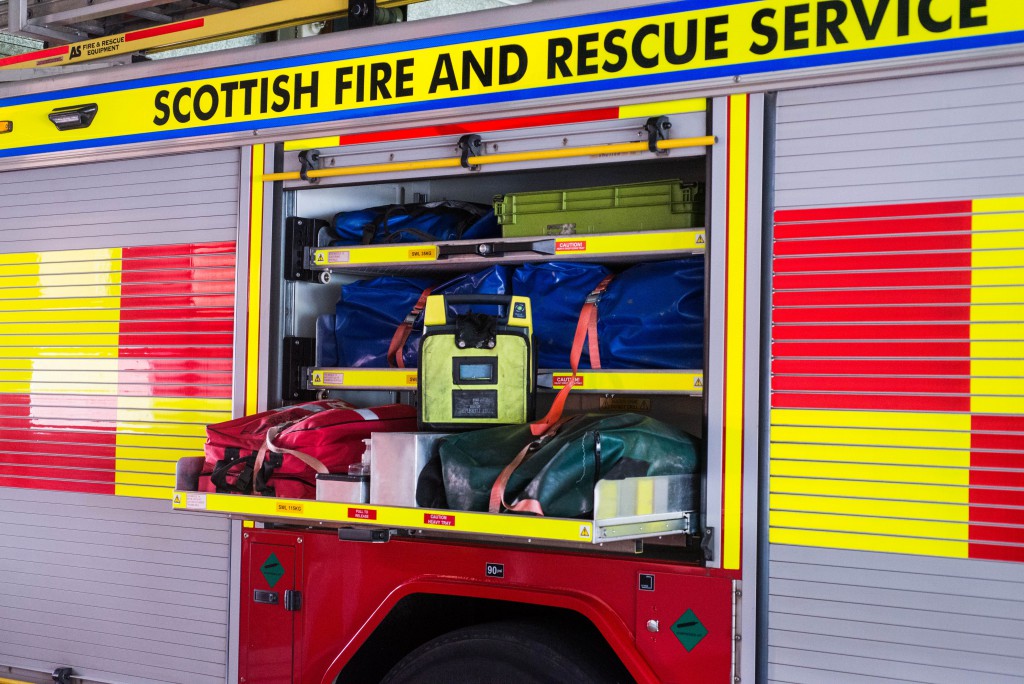SCOTTISH firefighters at four stations will start turning out to treat heart attack victims within weeks.
The Scottish Fire and Rescue Service has confirmed that teams specially trained to use defibrillators will start a six-month pilot scheme in October.
The crews in East Lothian, West Lothian, Scottish Borders and Aberdeenshire hope to save many lives each year by getting to heart attack victims more quickly than ambulance crews.
Steve Torrie, Chief Inspector of the Scottish Fire and Rescue Service, said the move could make “a very big difference”.
He said: “Nine times out of ten we will get there first. Many thousands of firefighters are around. They are trained and they can be trained further.
“They have hundreds of defibrillator devices between them and they could contribute in a big way. The process is straightforward but it could make a big difference to Scotland’s health.”
Calls to 999 will still be put through to the Scottish Ambulance Service who will then decide whether an ambulance or trained fire crew is closer.
The scheme could even help save more the lives of firefighters. According to the British Heart Foundation, a heart attack on duty is the leading cause of death for on-duty firefighters.
East Lothian MSP, Iain Gray, said: “If enhancing co-operation between fire and ambulance services in this way could help save the lives of more heart attack victims it has to be welcomed.”
A spokesman for the Fire Brigade Union has said: “The FBU, whilst supportive of any initiative to save lives, wish to make it clear this is not a means to replace or undermine the fire service, since we cannot replace the specialist medical skills and knowledge of a paramedic.”
Critics have previously warned that fire crews could be called out to incidents that they are not trained to deal with.
Stephen Thomson, of the Fire Brigades Union, said earlier this year: “I was given the anecdotal example of a crew that was turned out for a call that they eventually realised was not for a cardiac arrest but for a diabetic coma.
“Firefighters are not trained for that and do not have the expertise to deal with it, and the crew that I am talking about was left with having to deal with a casualty while being surrounded by their family.”
The Scottish Fire and Rescue Service and the Scottish Government’s Out of Hospital Cardiac Arrest Strategy are working together on the project in a bid to improve survival rates.
A spokeswoman for the fire service said that once complete, the trial would be reviewed and could be extended.

